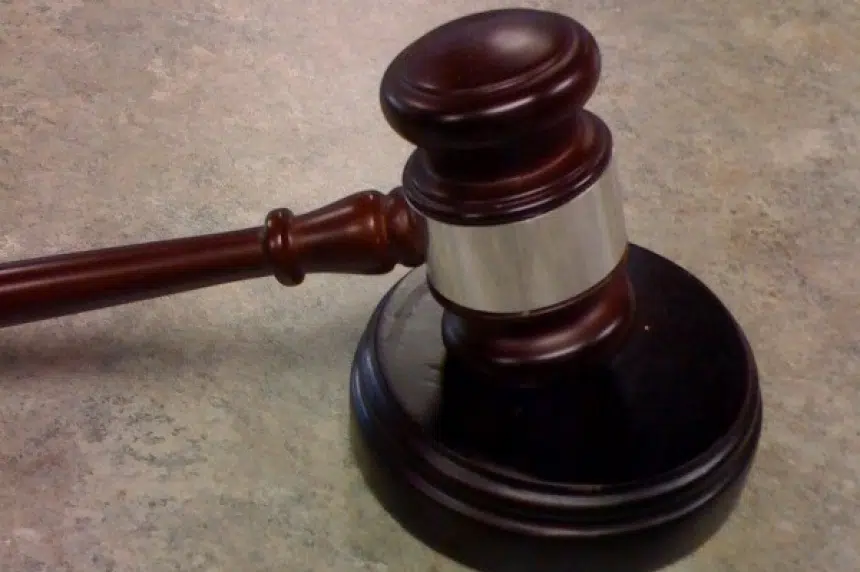A new bill from the federal government aims to eliminate over a dozen mandatory minimum penalties for drug offences and some others involving firearms.
The proposed Bill C-22 would allow judges to consider places such as drug treatment centres instead of prisons for low-level offenders in some cases.
Sean Fraser, CEO of the John Howard Society (JHS), says the bill is good start towards creating better reform.
“I don’t think it’s going to solve our total problem in the Canadian justice system, but I think it is a step in the right direction,” Fraser said. ” Ultimately, what we need in tandem with this is more resources for drug treatment.
“We know treatment can work for addiction so I think we need to stop looking at addiction as a crime and start seeing it as an illness with it being treated as such.”
The JHS is a non-profit provincial organization that provides services in response to the causes and consequences of crime while helping people who are at risk or are involved in the criminal justice process.
“So much of what drives crime in Canada and around the world actually is actually caused by addiction and we have the tools to help better ease that with treatments,” he said. ” When somebody has an addiction issue, we need to work with them to help them break that habit. Locking people away is not a long term solution to that, in fact it’s the most expensive option.
“The best option is to work with people and try to give them the support they need to to clean up their acts and better themselves.”
The new bill could also help Indigenous people who have been unfairly impacted, according to the government of Canada.
“The proposed legislation would ensure courts can continue to impose tough sentences on violent and serious crimes without the disproportionate impact on Indigenous peoples, as well as Black Canadians and members of marginalized communities,” the federal government’s release said.
According to Fraser, about 24 per cent of the prison population around Canada is Indigenous, while slightly over 5 per cent of Canadians identify as Indigenous. In prisons around Saskatchewan, roughly 75 per cent of inmates are Indigenous.
“There’s definitely more work to be done and we are all focused on the same goal which is creating a safer society,” Fraser said.
If passed, the proposed changes would get rid of the mandatory minimum penalties for 14 offences in the criminal code including mandatory minimums for all six of the Controlled Drugs and Substances Act offences being thrown away.
Mandatory penalties would stay in place for crimes like murder, high treason, sexual offences, impaired driving charges and some firearm offences including offences connected to criminal organizations.







